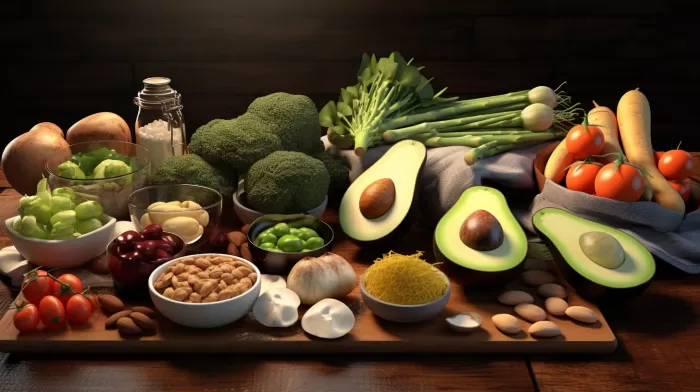Digestive issues such as constipation, diarrhea, belching, flatulence, acid reflux, bloating, and abdominal distention can cause discomfort and impact your day-to-day life. While some people may reach for over-the-counter medications to alleviate these problems, simple changes to your diet can make a significant difference in improving your digestive health.
Solutions for Belching
Belching, or burping, often occurs when air is swallowed while eating or drinking too fast. This can also happen if you don’t fully chew your food, chew gum, or suck on hard candies. To prevent belching, eat and drink more slowly, chew your food completely, and avoid chewing gum and candies if this is a problem for you.
Solutions for Abdominal Bloating and Distention
Abdominal bloating and distention are often signs of poor food choices, weak core musculature, or more serious conditions like irritable bowel syndrome (IBS). To reduce bloating and distention, steer clear of foods that cause gas and intestinal irritation, such as broccoli, cauliflower, cabbage, Brussels sprouts, and beans. Also, avoid sucking on hard candies and drinking carbonated beverages. Making sure not to overeat or overdrink can prevent your stomach from becoming overstretched, which ultimately leads to discomfort and pain. Eating fiber-rich foods can help promote intestinal motility and keep food moving through your system at a healthy pace. If weak abdominal muscles are the culprit, consider incorporating abdominal exercises like crunches to strengthen the area.
Solutions for Flatulence
Passing gas is natural and healthy; however, if you experience foul-smelling gas, it could be due to poor food choices, prescription medications, or lactose intolerance. To decrease the frequency of unpleasant flatulence, consider avoiding or cutting down on certain starches and vegetables that are difficult to digest, such as wheat, oats, potatoes, corn, beans, cabbage, broccoli, and cauliflower. Reducing or eliminating dairy products from your diet may also produce a reduction in symptoms.
The Right Food Choices Are Essential
Food plays a major role in digestive health. To minimize symptoms of poor digestion, opt for a diet that is easily digestible and doesn’t require much effort to break down or move efficiently through the digestive tract.
Whole, organic, and unprocessed fruits and vegetables are the most easily digestible foods as they provide essential soluble and insoluble fibers. Soluble fiber helps cleanse the blood of toxins, while insoluble fiber binds with feces and toxins, helping to remove them from your intestines.
Easily digestible fruits include avocados, bananas, apples, raspberries, blueberries, plums, pears, figs, watermelon, papaya, and strawberries. Easily digestible vegetables include kale, carrots, sweet potatoes, yams, peas, lentils, lima beans, and black beans.
Other easily digestible foods include whole grains, brown rice, rice pasta, rice cakes, rice crackers, quinoa, millet, whole wheat bran, oats, soup, fish, chicken, porridges, and yogurt.
Too Much of a Good Thing
It’s important to find a balance in your food choices, as consuming too many easily digestible foods may cause digestive issues. Excess fruit can lead to diarrhea and spikes in blood sugar, while too many raw vegetables can contribute to IBS. Consuming an excessive amount of fiber can cause hemorrhoids, and overindulging in beans and lentils may lead to gas and bloating.
Find the right balance of easily digestible foods for your body and slowly reintroduce them if you experience symptoms. This way, you can enjoy the health benefits of a nutrient-dense, fiber-rich diet while avoiding digestive issues caused by overindulging.



